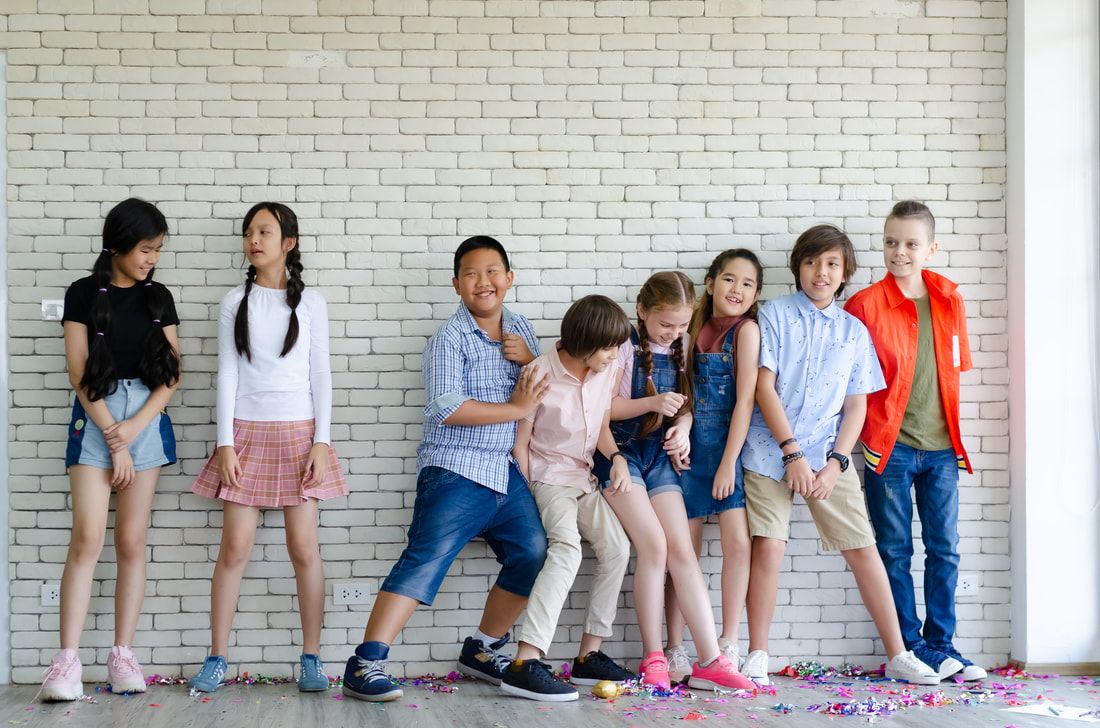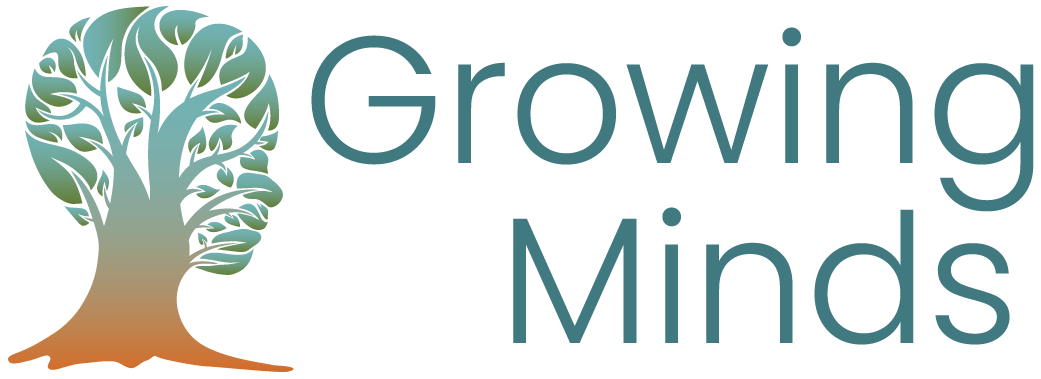Why Mindfulness in Schools?
Every member of the school staff and student population deserves an environment where they can thrive.
Use the buttons below to navigate this page:
We are data driven!
Between 2016-2020, we worked with over 3,300 K-12 educators.
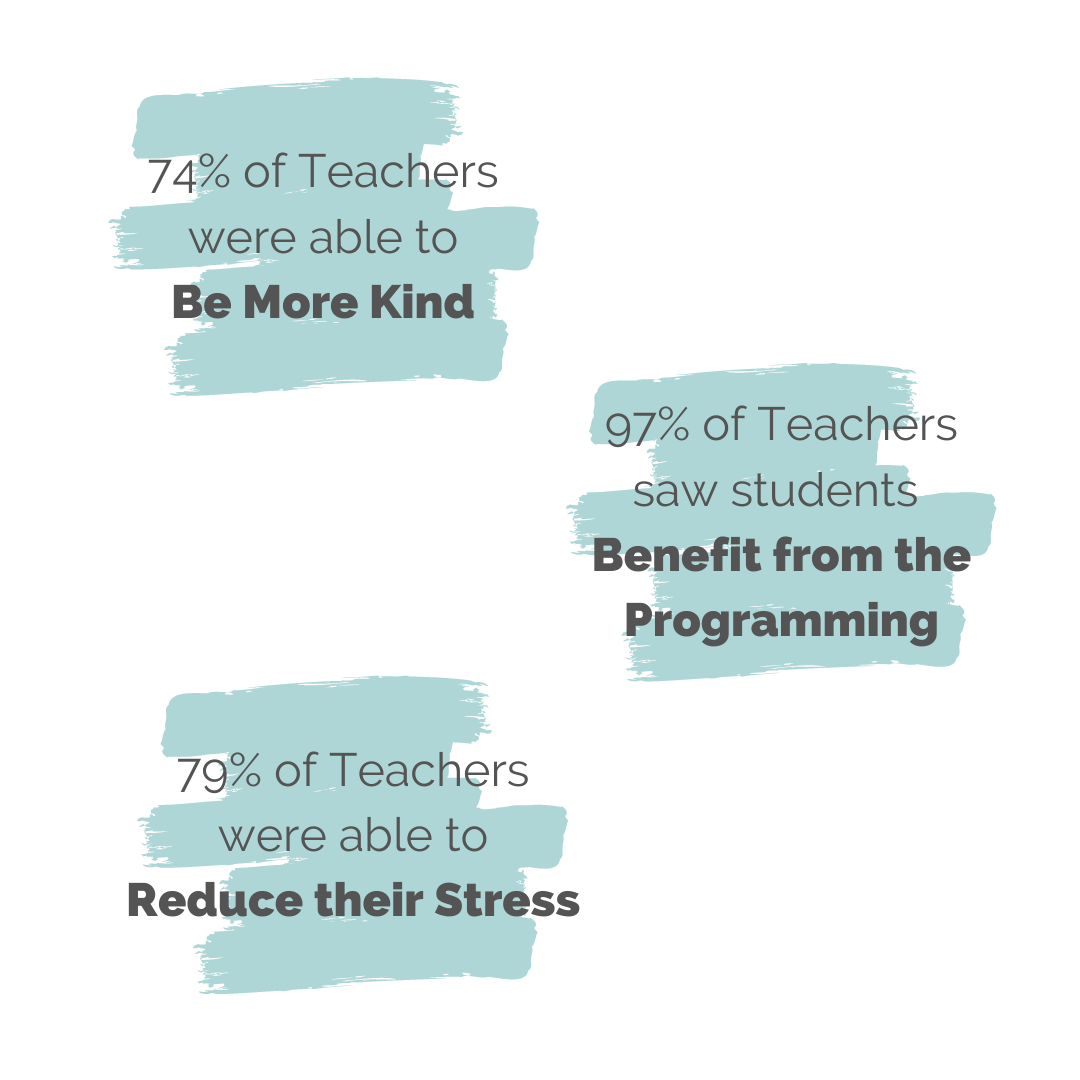
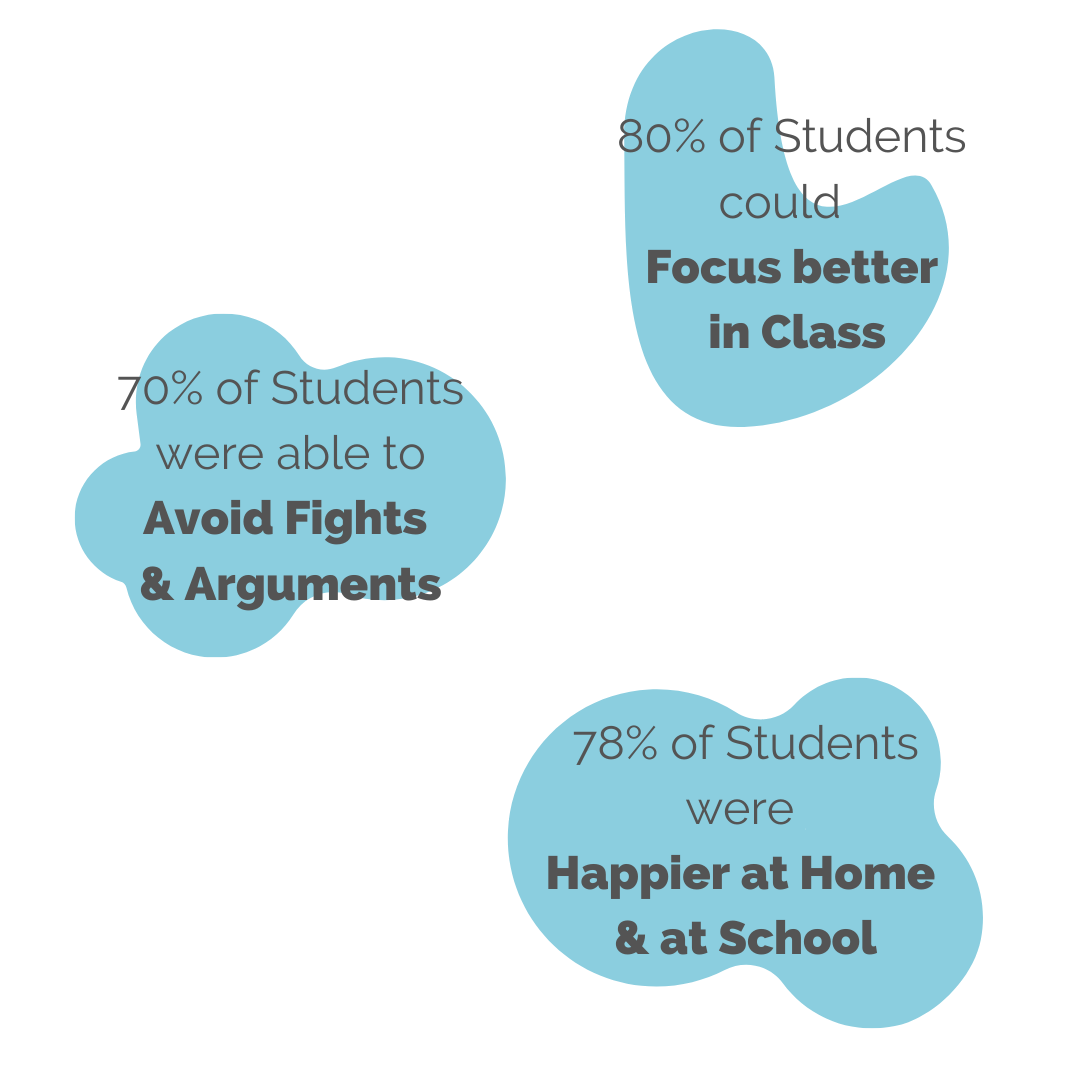
Teachers at MPS using Mindfulness
Schools we have worked with
What they're saying...
Teacher Testimonials
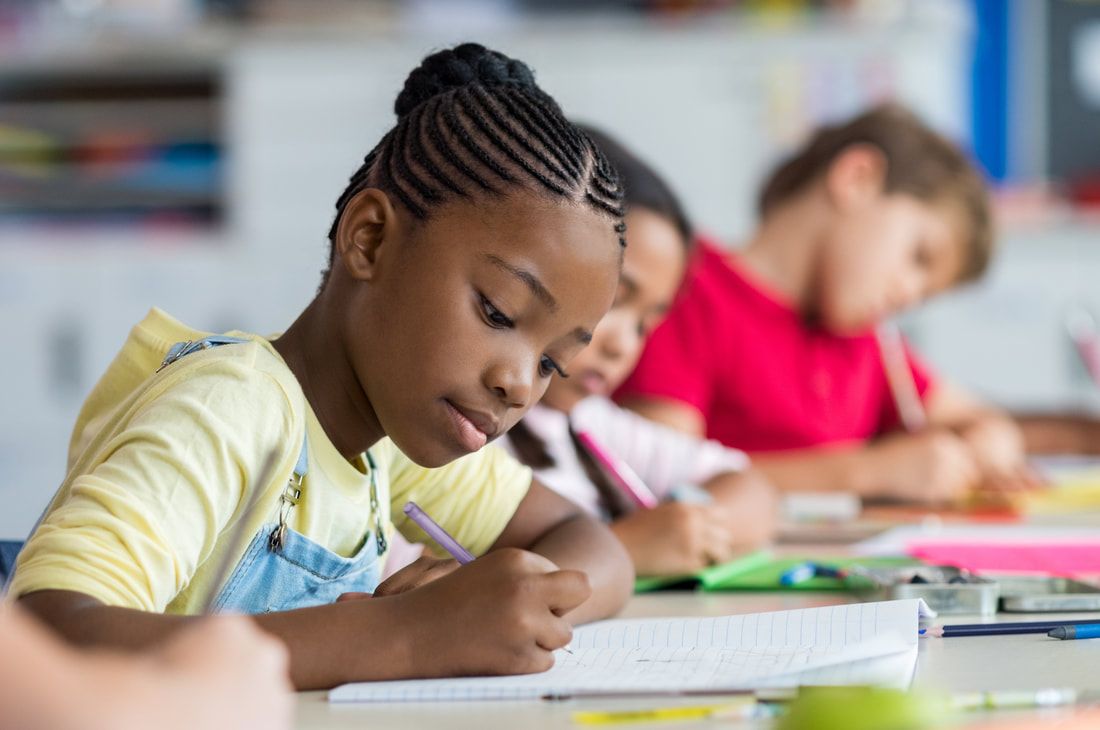
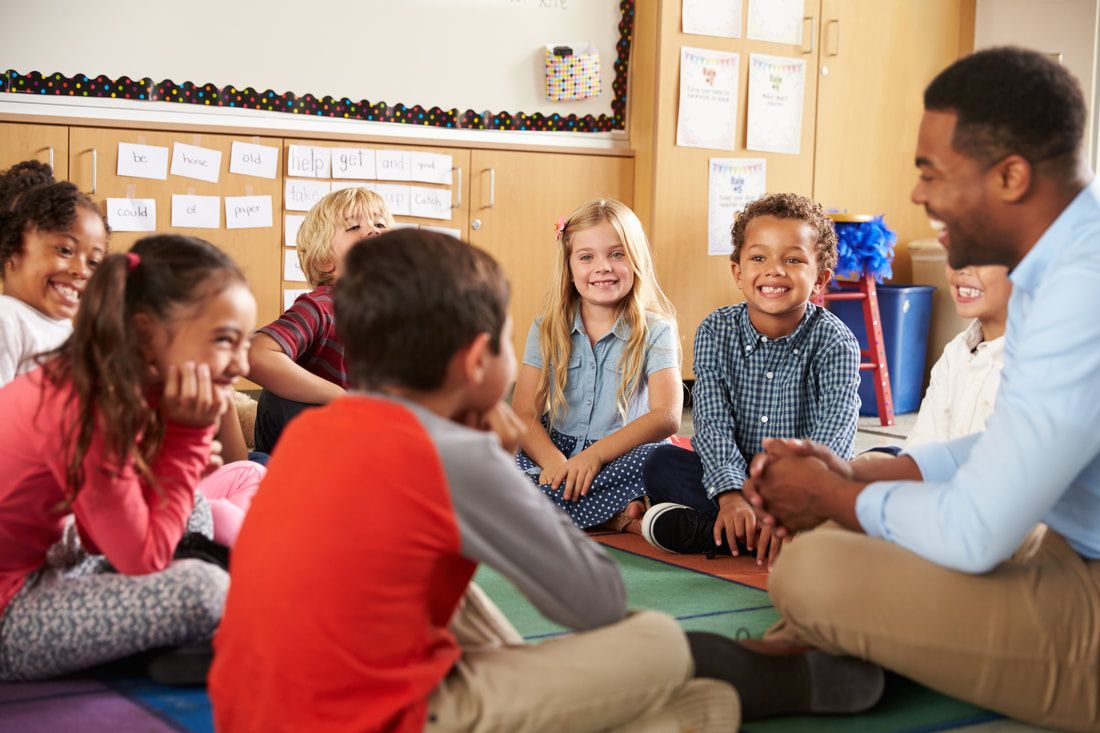
Social Workers Share
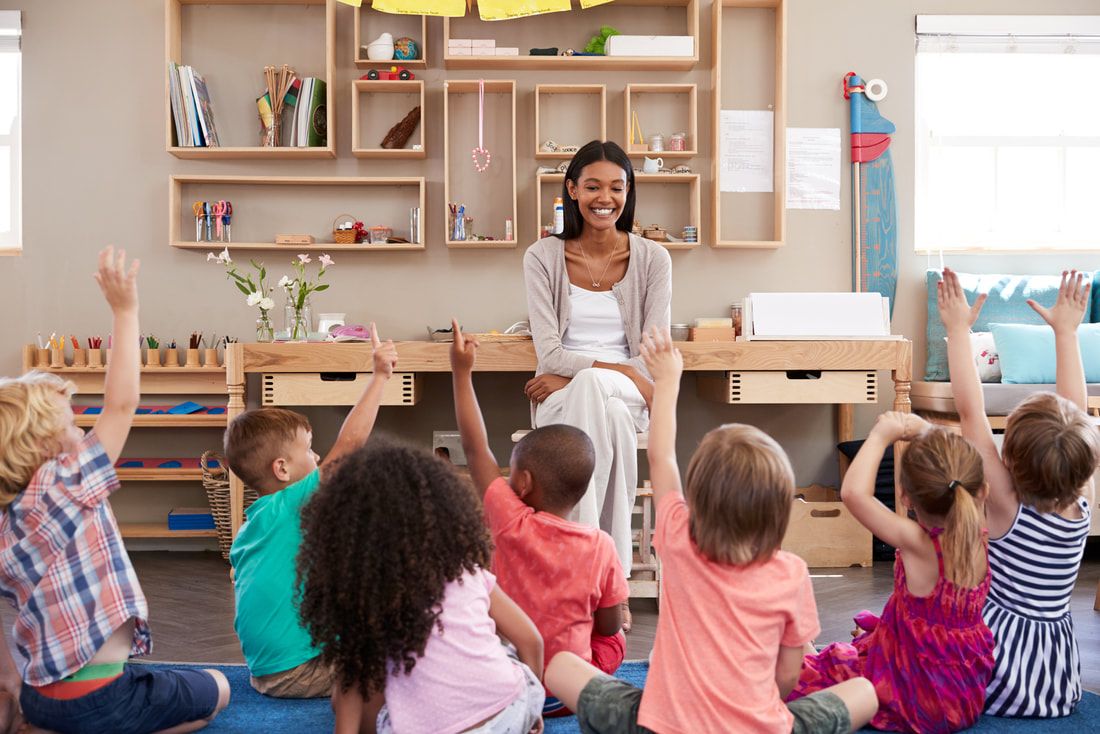
Administrative Accolades
